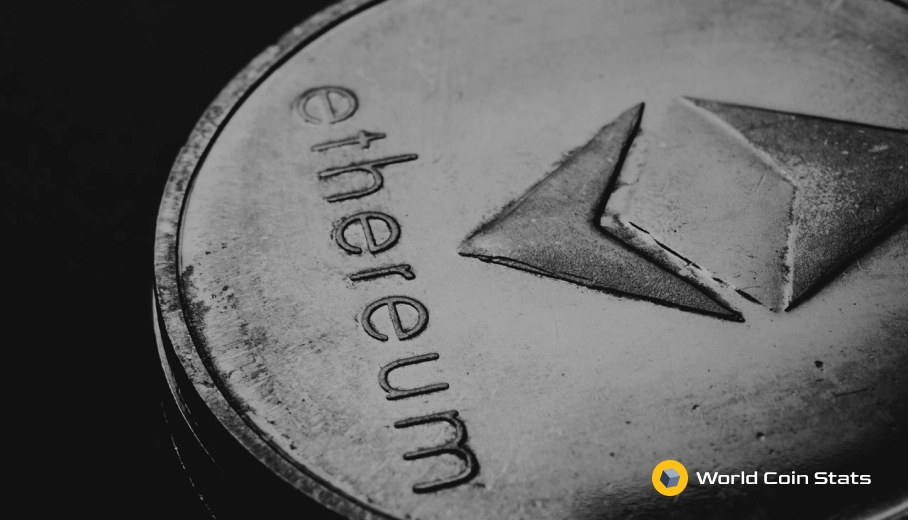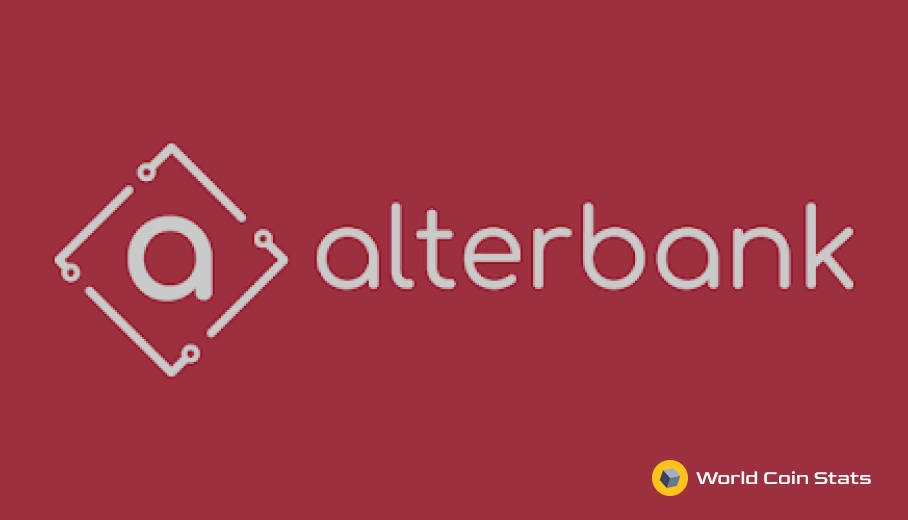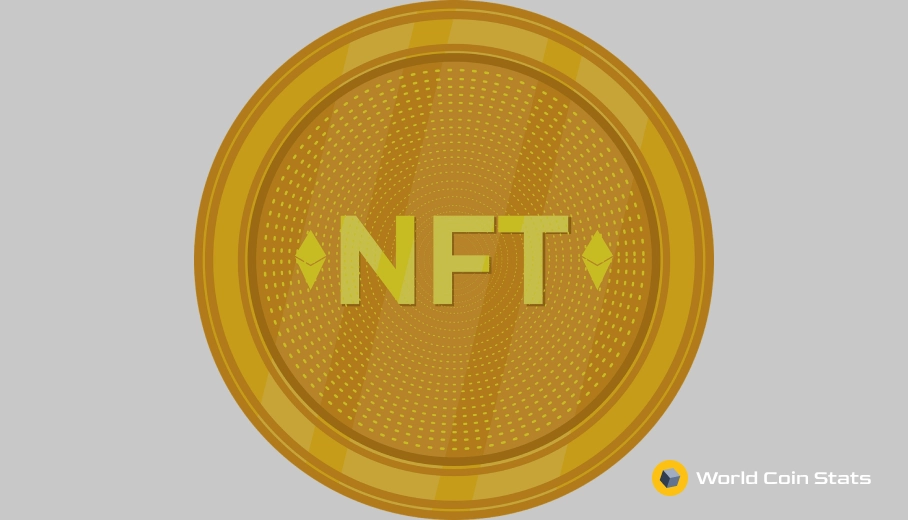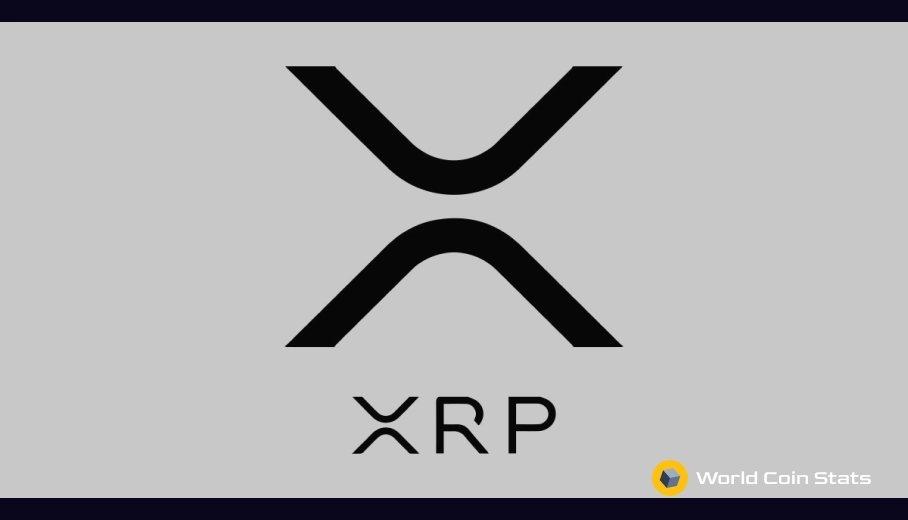If Scaling Ethereum Doesn’t Work
Ethereum has a glaring problem with it – scalability. The Ethereum blockchain has been plagued by issues relating to the scalability of its blockchain. This has manifested in high gas fees and slow transaction speeds.
The Ethereum team has come up with a solution in the form of Ethereum 2.0, but that solution has faced massive delays and questionable execution. In other words, there is a legitimate chance that the Ethereum blockchain will not scale to the level required to run decentralized finance (DeFi) protocols.
Anyway, this article will examine what will happen to Ethereum if scaling the blockchain does not work out as anticipated.
Ethereum Fails at Scaling – What Happens Next?
We won’t cover why Ethereum might scale as that goes beyond the scope of this article. But it’s pretty clear that Ethereum has a good chance at not scaling to an acceptable level to power the DeFi ecosystem.
Now, a lot in the cryptocurrency community have this idea that Ethereum failing to scale will immediately crash the ecosystem. It’s our opinion that a catastrophic failure like that will not occur to Ethereum.
Instead, we expect to see Ethereum lose market share in the DeFi area each year until the scaling issue is resolved. This loss in market share will culminate in a flippening, that’s when a competitor project overtakes a leading project, to occur and at the point Ethereum will effectively have died.
We know, you might be wondering what project could possibly overtake Ethereum. Well, there are actually a few competitors working on overtaking Ethereum. Some of them are (much) more likely to succeed than others, but a lot of projects with the explicit, or more often implicit, goal of “killing” Ethereum.
Ethereum Gets Replaced By… What?
As mentioned previously, there are some projects out there that have popped up with the express purpose of replacing Ethereum. There are too many of these projects to count, but there are some that are serious contenders.
Polkadot (DOT) Replaces Ethereum
The most promising project to replace Ethereum, in our opinion, is Polkadot. It’s more or less Ethereum 2.0 without all the DeFi protocols on the blockchain. That is fine because the current version of Polkadot is less than a year old.
Polkadot has a lot of things going for it. The biggest thing it has going for it is, of course, that it can process more transactions than Ethereum per second. It’s also a proof of stake cryptocurrency rather than a proof of work cryptocurrency.
Proof of stake is the future of cryptocurrency. It’s also what Ethereum 2.0 will be if it ever gets released. The basics of proof of stake are that the blockchain is powered by users locking tokens into the blockchain to validate nodes. This is vastly different from proof of work cryptocurrencies, like Ethereum or Bitcoin, that exclusively rely on miners to validate transactions.
So, the technical aspects of Polkadot are far superior than the current version of Ethereum. However, perhaps the biggest advantage that Polkadot has over Ethereum is the development team. Specifically, the founder of Polkadot is Dr. Gavin Wood.
For those that don’t know, Dr. Wood was a co-founder of Ethereum and is often credited with designing the coding architecture of the Ethereum blockchain.
That is a huge advantage for any cryptocurrency project that wants to replace Ethereum.
Are we saying that Dr. Wood is the only person that can develop a cryptocurrency to replace Ethereum?
No. However, Dr. Wood’s involvement with Polkadot brings much needed attention to the project. And at the end of the day, all that matters is that people have enough faith in the project to develop protocols on the blockchain.
In simple terms, it’s more of a branding thing having him involved than a technical thing.
Cardano (ADA) Replaces Ethereum
Cardano (ADA) is another cryptocurrency that is often touted as a replacement to Ethereum. In our opinion, this is a little optimistic simply because people have been saying this for the past four years and Cardano has not come close to replacing Ethereum.
That is not really because of a technical flaw, though. In reality, Cardano is a technologically superior cryptocurrency to Ethereum. It is a third generation cryptocurrency (read: proof of stake) and has over 1,000 mining pools, which makes it one of the most decentralized cryptocurrencies.
The problem with Cardano is that it has not attracted very many developers to build applications on the blockchain. Instead, Cardano has attracted a lot of investors that have driven the price up in the hopes that it replaces Ethereum.
Unfortunately, that is a common problem for any cryptocurrencies attempting to replace Ethereum (or Bitcoin for that matter). First mover advantage is an almost insurmountable advantage in the cryptocurrency sphere.
Due to those problems, we say that the chances of Cardano replacing Ethereum are extremely low. Cardano would have likely gained some market share at this point rather than getting overtaken by the upstart cryptocurrency Polkadot.
The Most Likely Scenario If Ethereum Does Not Scale
Ethereum has already had scaling problems. Gas fees have sometimes reached over $50 USD for a transaction or it sometimes takes hours for a transaction to go through. This has led to huge problems with DeFi because many of the transactions are time sensitive or the gas fee must be factored into the transaction to determine if it’s profitable.
And has anyone stopped using Ethereum?
Not really.
The simple fact of the matter is that people will continue using Ethereum until another blockchain attracts a few major DeFi projects into it. For instance, if Uniswap were to move to Polkadot or Cardano, then you would see an explosion in popularity of those blockchains.
The problem is that developers do not want to spend resources porting a protocol to an alternative that has low users. But the blockchain has low users because there aren’t any interesting DeFi projects on the blockchain.
It’s a chicken or the egg problem for cryptocurrency.
Unless developers start developing projects on alternative blockchains, then Ethereum will continue to remain the dominant cryptocurrency. Period.
No one will begin using Ethereum alternative unless the alternatives have projects on them.
Final Thoughts
Well, that covers it for what happens if Ethereum scaling does not work. People will simply be forced to put up with the high fees and slow transaction times until developers begin developing projects on alternatives to Ethereum.
That is the hard reality of cryptocurrency – people only use it en masse if it has some value to it.
Now, if Ethereum catastrophically fails at scaling (ie. transactions fail to go through), then the migration to alternatives will occur. We find that unlikely, though. Ethereum appears that it will stay in a sort of scaling conundrum where it’s not the best, but it’s not enough problem to discourage users from using Ethereum.




